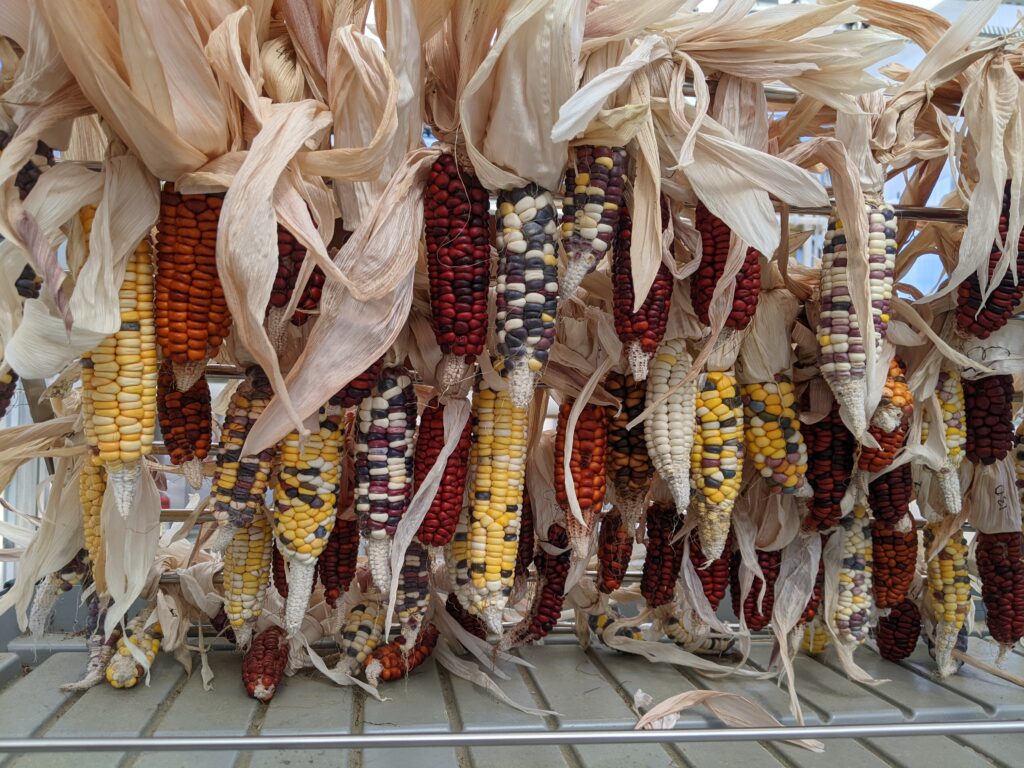Statement on Land Acknowledgments
Davidson College does not have an official or institutional land acknowledgment. Members of this collaboration believe that they often are performative and presumptuous. As of September 2023, we have formalized a three-year interdisciplinary collaboration with the Catawba Nation. Although we now have a formal relationship, we believe that the administration, faculty, and staff of Davidson College should create a plan to recruit and graduate Native students, particularly those from the Catawba Nation, and clarify the role of Davidson’s founders in the dismantling of the Catawba reservation as a priority before adopting a land acknowledgment statement.

Some people feel strongly that individual (as opposed to institutional) land acknowledgments are nonetheless useful. For those who do choose to use an individual statement, these are best practices:
- Pronounce their name accurately. The correct pronunciation is Cuh-taw-buh. This is a short video featuring cultural consultant Roo George-Warren, in which he pronounces his people’s name and talks about one of the ongoing initiatives in the nation.
- Do not use generic terms like “Native people of this region.”
- Be specific and accurate. Davidson is located on the ancestral homeland of the Catawba Nation.
- Be current. The purpose of land acknowledgments is to make visible and foster right relationships with Native people today and moving forward, and the descendants of the people who lived along the Catawba River at the time of European colonization call themselves the Catawba Nation today. Avoid settler colonial deadnaming, meaning referring to Native nations by terms that they no longer use for themselves or that imply that they no longer exist; this includes Sugaree, Keyauwee, and Waxhaw. The descendants of these people are now the Catawba Nation.
